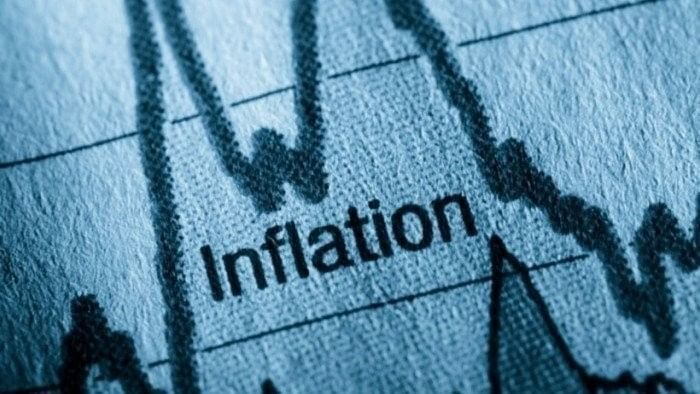
Representative image showing an illustration of inflation graph.
Credit: iStock Photo
London: British inflation returned to its 2 per cent target in May for the first time in nearly three years, data showed on Wednesday, but underlying price pressures remained strong, meaning the Bank of England is likely to wait longer before cutting interest rates.
The fall in headline inflation in May will be welcomed by both Prime Minister Rishi Sunak and the BoE - but likely has come too late either to turn around Sunak's fortunes at next month's election or to prompt a BoE rate cut on Thursday.
The data showed services price inflation - which the BoE thinks gives a better picture of medium-term inflation risks - was 5.7 per cent. That was down from 5.9 per cent in April but not as big a drop as the 5.5 per cent that economists had expected.
Sterling rose modestly against the US dollar after the data.
"Rate-setters will still need to weigh the fall in headline inflation against signs that domestic price pressures, such as elevated pay growth, are proving slower to come down," Martin Sartorius, principal economist at the Confederation of British Industry, said, predicting a first rate cut in August.
The drop in annual consumer price inflation from April's 2.3 per cent reading was in line with economists' median expectation in a Reuters poll and marks a sharp decline from the 41-year high of 11.1 per cent reached in October 2022.
The fall has been sharper than in the euro zone or the United States, where consumer price inflation in May was 2.6 per cent and 3.3 per cent respectively, belying concerns a year ago that British inflation was proving unusually sticky.
Even so, consumer prices are up around 20 per cent over the past three years, squeezing living standards and contributing to the unpopularity of Sunak's Conservatives, who are around 20 points behind the opposition Labour Party in opinion polls.
The BoE has said a return of inflation to its target is not enough on its own for it to start cutting interest rates.
While most economists polled by Reuters think it will start to cut rates from a 16-year high of 5.25 per cent in August, financial markets think a first move is more likely in September or October - and see just a 10 per cent chance of a cut this week.
The most recent fall in inflation was driven by a cut in regulated household energy bills in April - the effect of which will fade later in the year, when the BoE forecasts inflation will rise again.